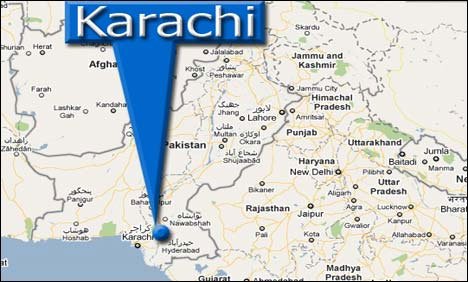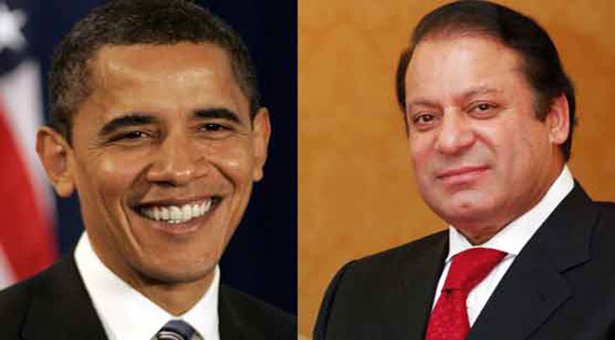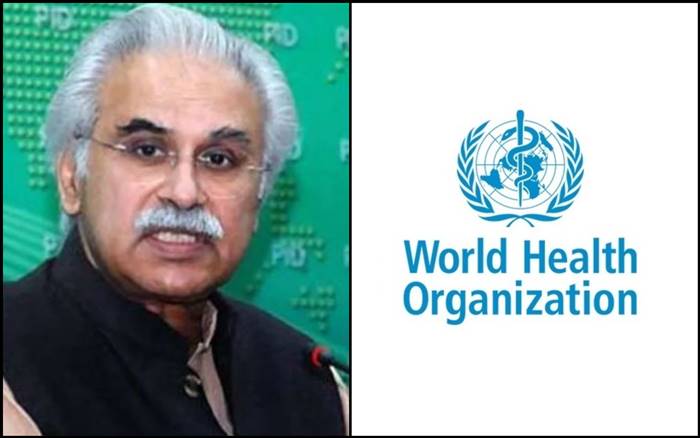May 10, 2025, will go down in history as a defining moment for Pakistan — a day when the nation stood united behind its armed forces and delivered a powerful, measured response to aggression.
In a televised address to the country following the announcement of a ceasefire brokered between Pakistan and India, Prime Minister Shehbaz Sharif emphasized that Pakistan had made a conscious decision to respond in kind: “with force — a language their enemy knows all too well.”
He stated firmly, “Pakistan made it clear that negotiations, which should be held at the table, would now take place on the battlefield.”
The recent surge in hostilities between the two nuclear-armed neighbors began on May 7, when India launched an unprovoked cross-border attack that claimed the lives of at least 31 civilians, including innocent children. In response, Pakistan swiftly neutralized five Indian Air Force fighter jets — among them three advanced Rafale aircraft — and shot down dozens of drones.
Throughout the conflict, Indian drones were repeatedly sent into Pakistani airspace, with nearly 80 being intercepted and destroyed by the military. Among these was the Israeli-made IAI Heron — a medium-altitude, long-endurance UAV.
Late Friday night, India escalated further by launching missile strikes on key Pakistani airbases, including Nur Khan, Murid, and Shorkot, according to Director General Inter-Services Public Relations (DG ISPR), Lieutenant General Ahmed Sharif Chaudhry.
In retaliation, early Saturday morning, Pakistan launched Operation Bunyan-um-Marsoos , targeting multiple Indian military installations — including a strategic missile storage facility deep inside Indian territory.
Following intense diplomatic efforts led by the United States, President Donald Trump announced via Truth Social that both countries had agreed to a “full and immediate ceasefire.”
He wrote, “After a long night of talks mediated by the United States, I am pleased to announce that India and Pakistan have agreed to a FULL AND IMMEDIATE CEASEFIRE. Congratulations to both Countries on using Common Sense and Great Intelligence.”
In his national address, PM Shehbaz highlighted Pakistan’s commitment to regional peace and the safety of millions of people living along the border. As a responsible state, he said, Pakistan chose to accept the ceasefire offer.
He expressed hope that this moment could pave the way for peaceful dialogue on critical issues such as water distribution, the Jammu and Kashmir dispute, and other unresolved matters.
With pride and emotion, the prime minister congratulated every citizen of Pakistan, saying they had shown the world that self-respect and dignity mattered more than anything — even life itself.
“If anyone challenges our sovereignty,” he said, “we stand like an iron wall and crush our enemies.”
He condemned India’s actions as “cowardly and shameful” — a blatant act of aggression. But he praised Pakistan’s armed forces for responding with unmatched professionalism and valor, turning the tide decisively in the nation’s favor.
India had tried to provoke Pakistan into war under the pretext of the Pahalgam incident, but Pakistan immediately offered full cooperation for an impartial and transparent international investigation.
Despite relentless misinformation campaigns and false accusations, Pakistan exercised restraint and patience, the prime minister said.
He accused India of attempting to destabilize the region through drone attacks, missile strikes on civilian areas, mosques, and infrastructure — and even targeting vital water resources.
“Our brave Jawans are strangers to the word ‘defeat,’” he declared. Within hours, he added, Pakistan’s forces silenced the enemy’s artillery, and the world witnessed how enemy bases, stockpiles, and installations were reduced to ashes. “Even the much-touted Rafale failed in the encounter.”
PM Shehbaz described the struggle as not just military, but ideological — a battle against religious intolerance and hatred.
“This is a victory of truth and our principles,” he said. “We gave the enemy what a proud nation deemed appropriate.”
He thanked the 240 million citizens of Pakistan who stood shoulder-to-shoulder with their armed forces during the crisis, expressing gratitude for their prayers and unwavering support. He credited the divine blessings of Almighty Allah for granting Pakistan a historic victory.
In a heartfelt tribute, the prime minister honored the leadership of the armed forces — Chairman Joint Chiefs of Staff Committee General Sahir Shamshad Mirza, Chief of Army Staff General Syed Asim Munir, Air Chief Marshal Zaheer Ahmed Babar Sidhu, and Naval Chief Admiral Naveed Ashraf — as well as every officer and soldier who contributed to the success.
He extended special praise to General Asim Munir for his bold and visionary leadership and to the Air Chief and his “eagles,” who brought honor to the nation.
‘Gratitude to President Trump and Friendly Nations’
We thank President Trump for his leadership and proactive role for peace in the region .
— Shehbaz Sharif (@CMShehbaz) May 10, 2025
Pakistan appreciates the United States for facilitating this outcome, which we have accepted in the interest of regional peace and stability.
We also thank Vice President JD Vance and…
The prime minister expressed deep appreciation to U.S. President Donald Trump for his sincere mediation efforts that helped de-escalate the situation.
He also acknowledged the roles played by Saudi Arabia, the UAE, Türkiye, Qatar, the UK, the UN Secretary-General, and other friendly nations in promoting peace.
Special mention was made of Crown Prince Mohammad bin Salman, Sheikh Mohamed bin Zayed, Emir of Qatar Sheikh Tamim bin Hamad, and Turkish President Recep Tayyip Erdoğan — leaders who, he said, stood by Pakistan like brothers.
He also conveyed heartfelt thanks to Chinese President Xi Jinping and the people of China for their unprecedented solidarity and historic support.
Remembering the sacrifices made during the conflict, the prime minister paid homage to martyr Irtaza Abbas Shaheed, who laid down his life defending the country, and extended condolences to the families of those who lost loved ones.
He thanked all political parties — both in government and opposition — for standing united during the crisis, highlighting the importance of national solidarity. Special recognition was given to former Prime Minister Nawaz Sharif for his wise counsel and experience and to President Asif Ali Zardari for his valuable input.
The prime minister also commended journalists and social media users who countered Indian propaganda with factual reporting and professionalism, calling it a model for future crises.
Closing on a hopeful note, PM Shehbaz reaffirmed his belief that, having overcome this challenge, all institutions and governments would now channel their energy into building a prosperous and respected Pakistan — a nation destined to carve its own unique space among the comity of nations.









